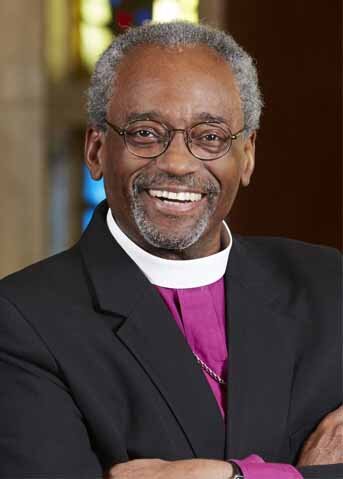Influential thoughts
/While this is long-standing biblical wisdom, many secular sources now agree on the huge influence our thinking has on our lives. The following is adapted from a recent Daily Hope reflection posted by Rick Warren.
"Be careful how you think; your life is shaped by your thoughts." (Prov. 4:23)
My interpretation influences my situation. It's not what happens to me that matters as much as how I choose to see it. The way I react will determine whether the circumstance makes me better or bitter. I can view everything as an obstacle or an opportunity for growth — a stumbling block or a stepping stone.
My beliefs influence my behavior. We always act according to our beliefs, even when those ideas are false. For instance, as a child, if you believed a shadow in your bedroom at night was a monster, your body reacted in fear (adrenaline and jitters) even though it wasn't true. That's why it's so important to make sure you are operating on true information! Your convictions about yourself, about life, and about God influence your conduct.
My self-talk influences my self-esteem. We constantly talk to ourselves. Do you run yourself down with your self-talk? Stop doing that: "As you think in your heart, so are you" (Prov. 23:7).












